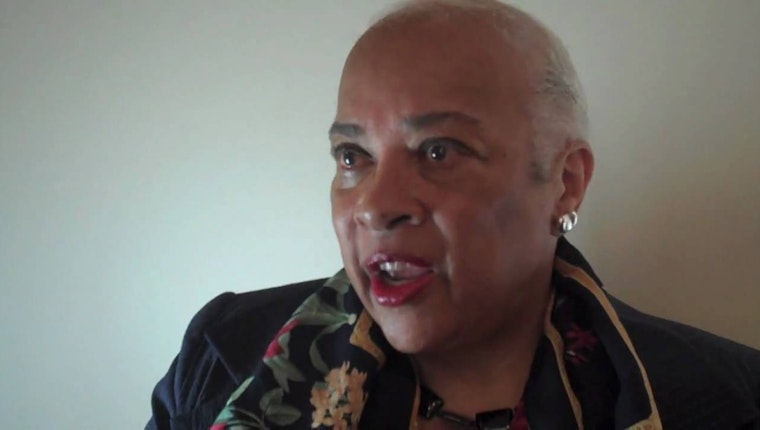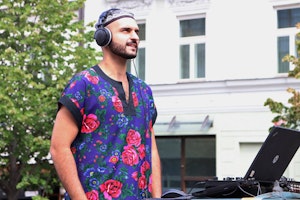Rosalind Williams: Challenging Ethnic Profiling in Europe
By Rachel Aicher

On a brisk winter day in 1992, Rosalind Williams—an African American woman and naturalized Spanish citizen—stepped off the train at a railway station in Spain and was immediately asked to produce her ID. When asked why she was the only person being stopped, the police officer explained that he was following orders: it was because of the color of her skin.
Williams brought her case of ethnic profiling to court, culminating in a landmark decision by the UN Human Rights Committee after 15 years of litigation. I interviewed her last week, while she was in the US to speak at the Open Society Institute in New York and testify before the Helsinki Commission in Washington.
Research shows that police often single people out by race or ethnicity not only in Spain, but across Europe. Yet racial or ethnic profiling fails to identify lawbreakers effectively, and often alienates the very same communities whose cooperation the police desperately need. In response, the Open Society Justice Initiative is partnering with local police forces to help introduce monitoring and other reforms, as well as documenting profiling and challenging abuses in court.
While Williams has received private apologies from Spanish government officials, she has still not received a public apology or reparations in keeping with the UN Human Rights Committee’s decision.
Until December 2010, Rachel Aicher worked in the Open Society Foundations Office of Communications, focusing on human rights and justice issues.


